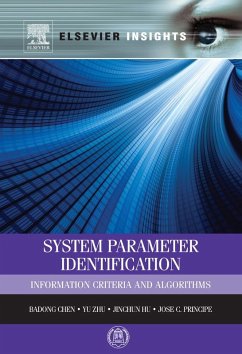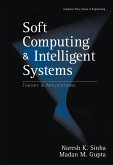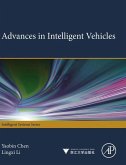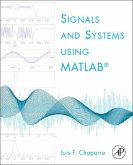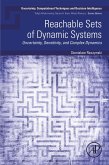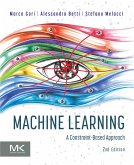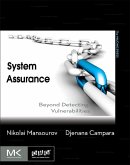Recently, criterion functions based on information theoretic measures (entropy, mutual information, information divergence) have attracted attention and become an emerging area of study in signal processing and system identification domain. This book presents a systematic framework for system identification and information processing, investigating system identification from an information theory point of view.
The book is divided into six chapters, which cover the information needed to understand the theory and application of system parameter identification. The authors' research provides a base for the book, but it incorporates the results from the latest international research publications.
- Named a 2013 Notable Computer Book for Information Systems by Computing Reviews
- One of the first books to present system parameter identification with information theoretic criteria so readers can track the latest developments
- Contains numerous illustrative examples to help the reader grasp basic methods
Dieser Download kann aus rechtlichen Gründen nur mit Rechnungsadresse in A, B, BG, CY, CZ, D, DK, EW, E, FIN, F, GR, HR, H, IRL, I, LT, L, LR, M, NL, PL, P, R, S, SLO, SK ausgeliefert werden.

